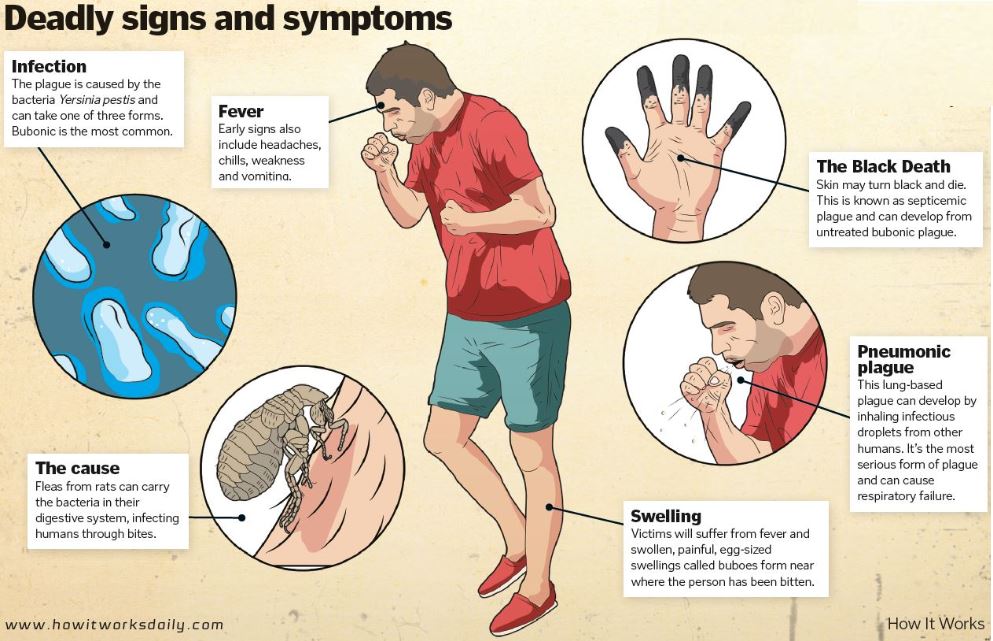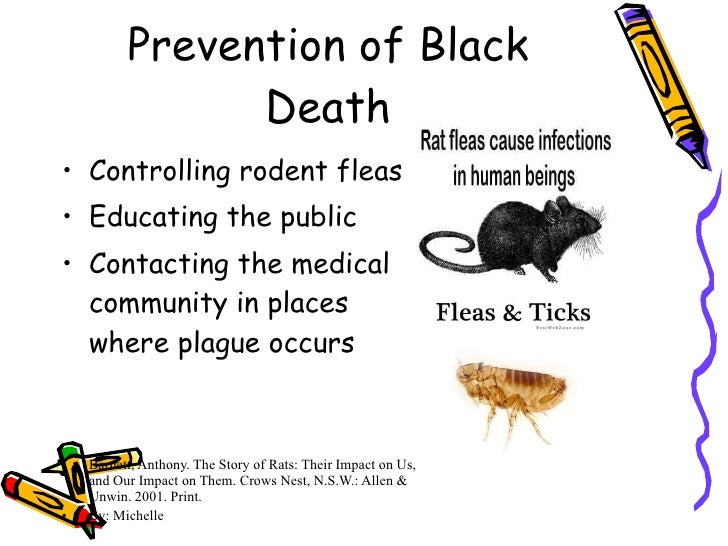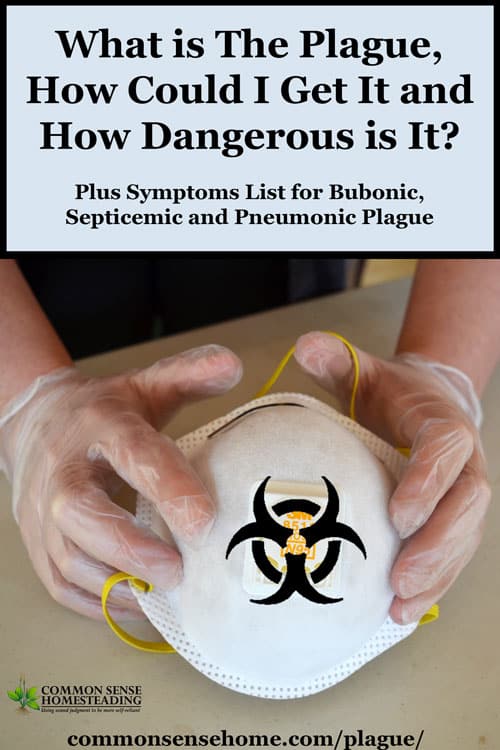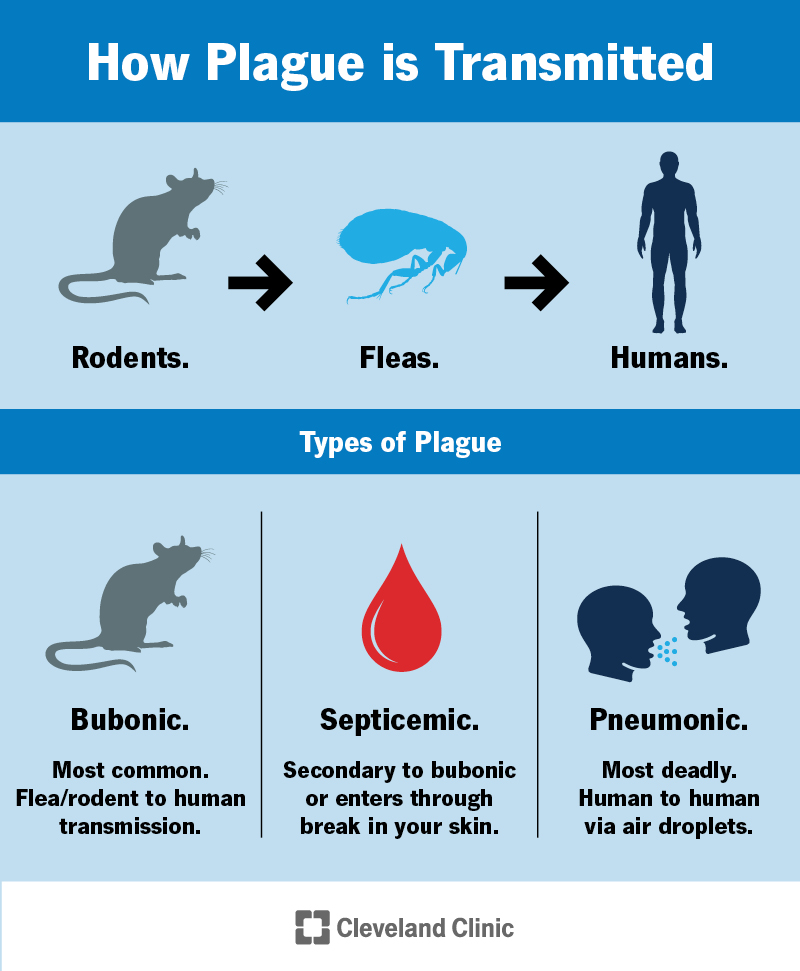Fine Beautiful Info About How To Prevent Getting The Plague

Bubonic plague is still found in scattered locations around the world, but thanks to modern antibiotics it is far easier to treat than in the past.
How to prevent getting the plague. To prevent the spread of pneumonic plague, avoid close contact (under 2 meters) with someone who is. But they don’t have to be a plague. How can i protect myself from being infected with plague?
Prevention doesn’t include a vaccine, but does involve reducing your exposure to mice, rats, squirrels and other animals that may be infected. Furthermore, some methods for preventing the spread of plague, such as making suspected vessels and travellers remain in isolation for 40 days before they were allowed to enter. Reduce rodent habitats around the home.
Contact with sick or dead animals. Is the disease seasonal in its occurrence? Plague is very often fatal, and people with the disease may need addition symptom relief, including a source of oxygen and respiratory support, as well as medications to.
Once called the black death, this disease that swept the world hundreds of. Eliminate nesting places for rodents around homes, sheds, garages, and recreation. Preventing the spread of plague.
Control and prevention of plague cases in madagascar has proven to be challenging. For renaissance italians, combating black plague was as much about politics as it was science, according to stanford scholar. In fact, how you deal with ecommerce store returns—before and after purchase—can differentiate your.
Protect you and your family. Request an appointment. Although the plague never fully went away, there are only seven new cases each year in the united states.
The plague is spread through flea bites. Protecting yourself from flea bites by using insect repellent and avoiding: Protect yourself if you live in an area where plague occurs:
Wear long pants tucked into socks or boot tops to prevent flea bites. Most of the prevention strategies are focused on the rodent host and the. In a plague emergency, many lives can be saved with prompt prevention and treatment.
You can reduce your risk of getting plague by: Plague is spread through populations of infected rats and the bites of fleas that. Blood and pus seeped out of these strange swellings, which were followed by a host of other unpleasant symptoms—fever, chills, vomiting, diarrhea, terrible aches.
With prompt treatment of appropriate antibiotics, over 90% of people will survive. Respiratory droplets are spread most readily by coughing or sneezing. Pestis bacteria could spread through the.


















